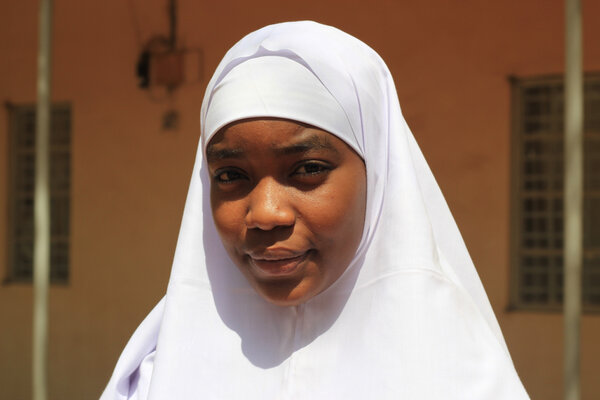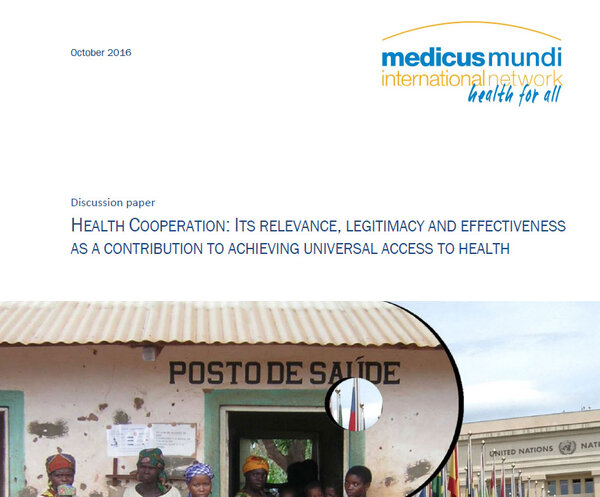Es gibt eine Aussage, die ich von Konferenz zu Konferenz, von Sitzung zu Sitzung, von Medienartikel zu Medienartikel immer wieder höre oder lese: „Alles wird immer komplexer.“ Globalisierung und grenzenlose Digitalisierung führten zu zunehmenden Interdependenzen bei gleichzeitiger immer grösserer Unübersichtlichkeit. Die politische Steuerung unseres internationalen Systems ist schwierig, die Folgen eines einzelnen politischen Entscheides lassen sich immer schwerer abschätzen, eben weil „immer alles komplexer wird.“ Und so sind die 17 Ziele und die 169 Unterziele der UN-Agenda 2030 (Sustainable Development Goals) in ihrer Interdependenzen eben gerade Ausdruck dieser „immer komplexeren Welt.“
Banale Pestepidemie
Ganz ehrlich: Als Historiker gehe ich ab dem Satz, alles werde immer komplexer, bald einmal die Wände hoch. Denn eine mittelalterliche Pestepidemie war für die Stadtoberen auch nicht eine so einfach zu handhabende Angelegenheit der öffentlichen Gesundheit. Industrialisierung oder Kolonialisierung waren auch nicht einfach Prozesse, die nur eindimensionale Wirkungen entfaltet haben. Gesellschaftliche Entwicklungsprozesse waren immer schon und auch immer wieder anderes von den unterschiedlichsten politischen, wirtschaftlichen und vor allem auch kulturellen Faktoren geprägt. Und sie waren immer auch geografische Räume überschreitende Ereignisse, die andernorts unvorhergesehene Entwicklungen ausgelöst haben. Komplex war’s immer schon – komplexer geht gar nicht.
Wissen und Lernen
Dass nun die Mitglieder des Netzwerks Medicus Mundi Schweiz für unsere neue Strategie entschieden haben, das gemeinsame Lernen zu fördern, indem wir Plattformen für die kritische Reflexion der eigenen Arbeit entwickeln, hat genau damit zu tun. Wir in der internationalen Gesundheitszusammenarbeit tätigen Organisationen waren schon immer mit einem hochkomplexen Arbeitsumfeld konfrontiert. Die MitarbeiterInnen der Mitgliedorganisationen sind geradezu Fachleute der Komplexität – und dies wollen wir gemeinsam nutzen, um zu neuen Antworten auf etwa folgende Fragen zu kommen: Wie sieht Entwicklungszusammenarbeit für das Recht auf Gesundheit in Zukunft aus? Wie können wir noch besser verstehen, was unsere Arbeit auslöst und wie begleiten wir die damit verbundenen Veränderungsprozesse? Wie sieht internationale Zusammenarbeit jenseits des Hilfeleistens aus und was ist unsere Rolle dabei?
Ein neues Diskussionspapier unseres internationalen Netzwerks Medicus Mundi International (pdf) stellt die Fragen in einen politischen Rahmen. Die Lektüre lege ich Ihnen wärmstens an Herz. Scheuen Sie dabei die Komplexität des Papiers nicht – komplex war’s immer schon.
Martin Leschhorn Strebel
Netzwerk Medicus Mundi Schweiz
E-Mail





























